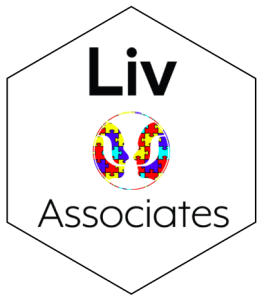
The autism spectrum is biologically-based, meaning that those on it have a fundamentally different experience than nerotypical people. It encompasses a wide variety of neurological abilities as well as deficits. Early intervention can help teach those on the spectrum learn the crucial social and emotional skills needed to live independently and successfully.
How can therapy help?
A therapist experienced in working with patients on the spectrum will have different treatment goals, depending on the age and unique needs of the patient. Therapeutic goals may include practicing effective communication and social skills, as well as learning to manage and cope with other problems that commonly co-occur with spectrum disorders. These problems may include anxiety, OCD, aggression, ADHD, and more.
